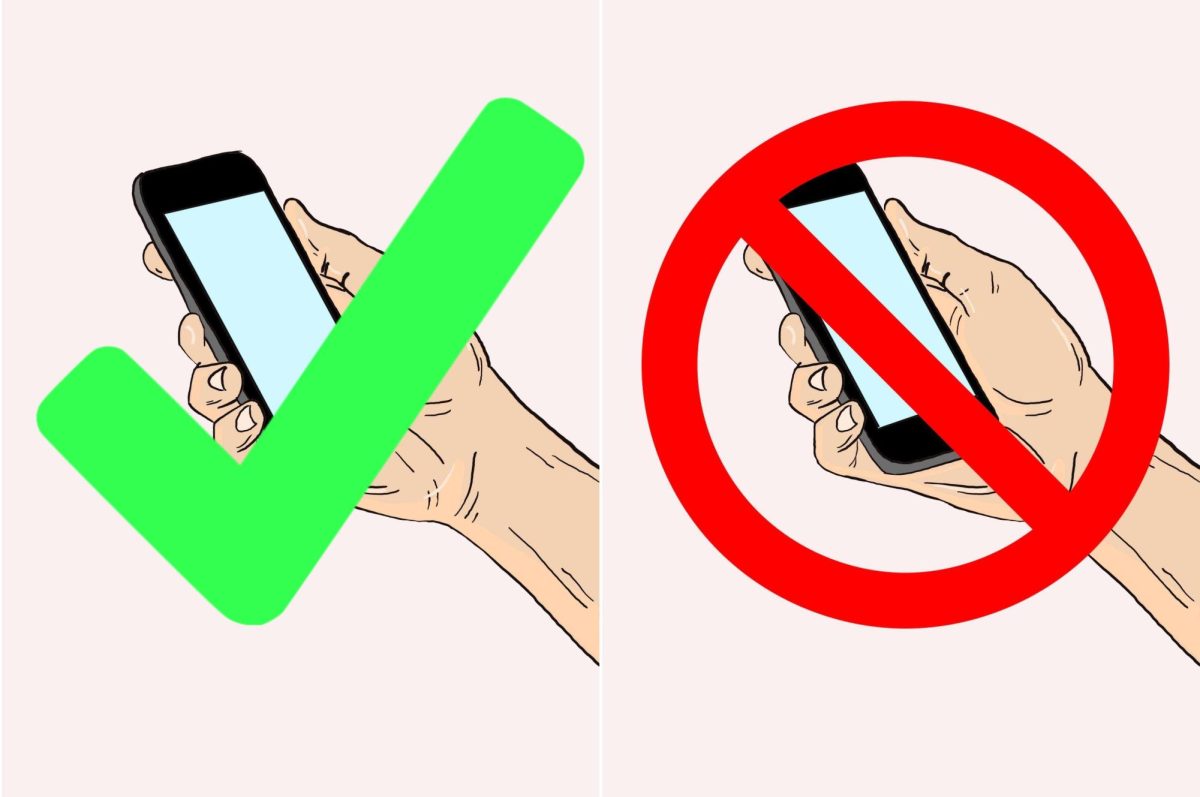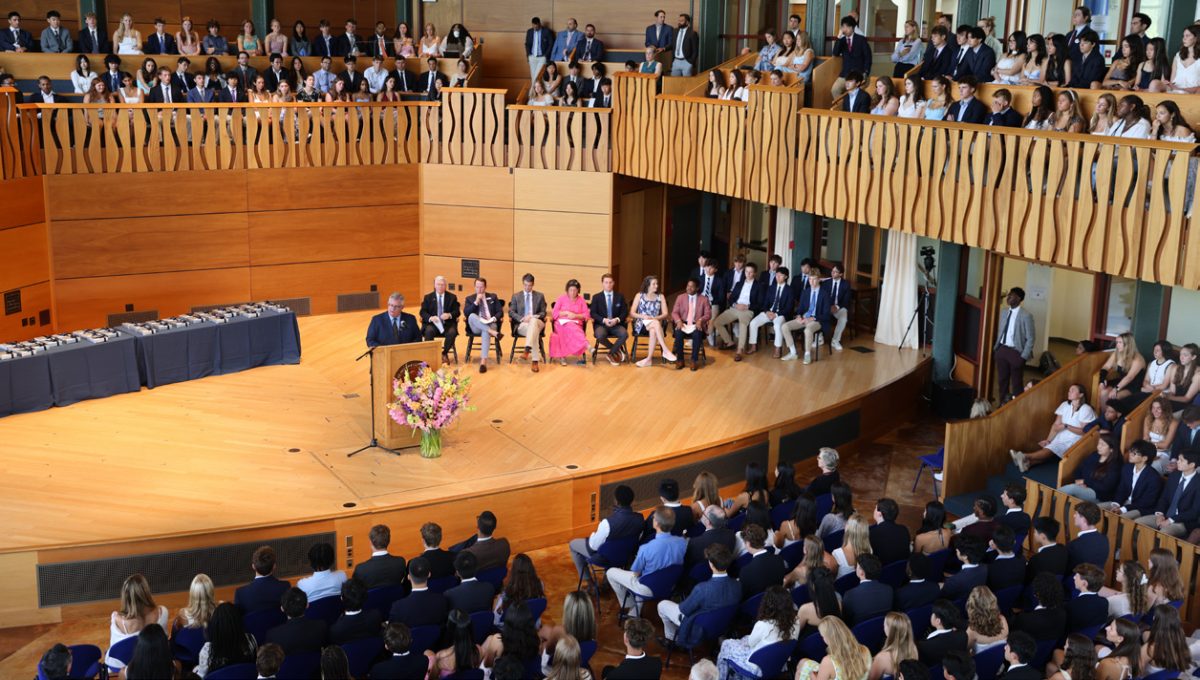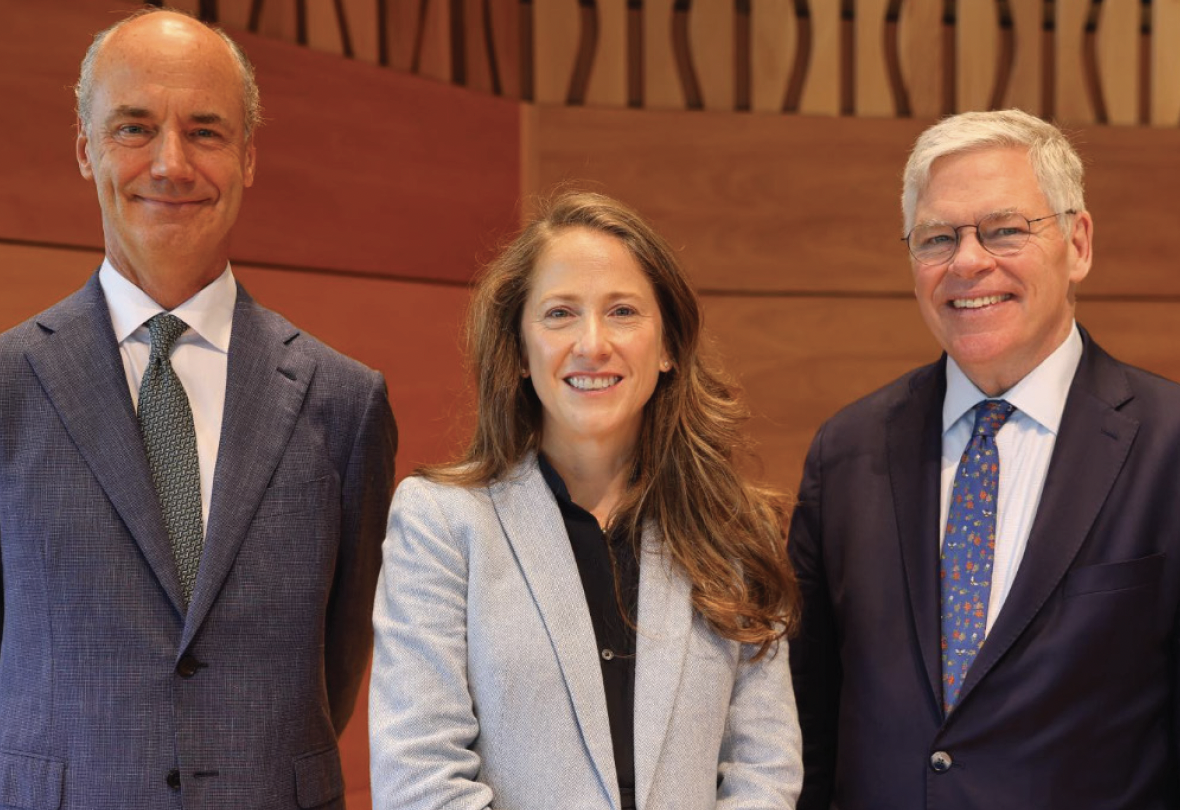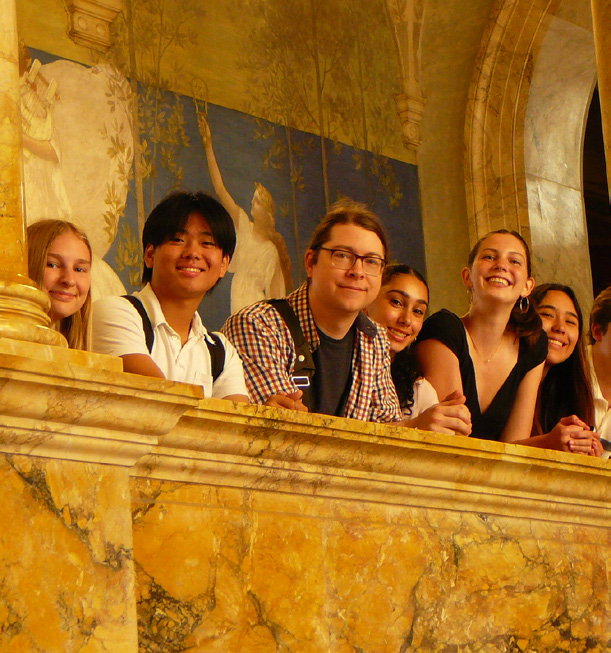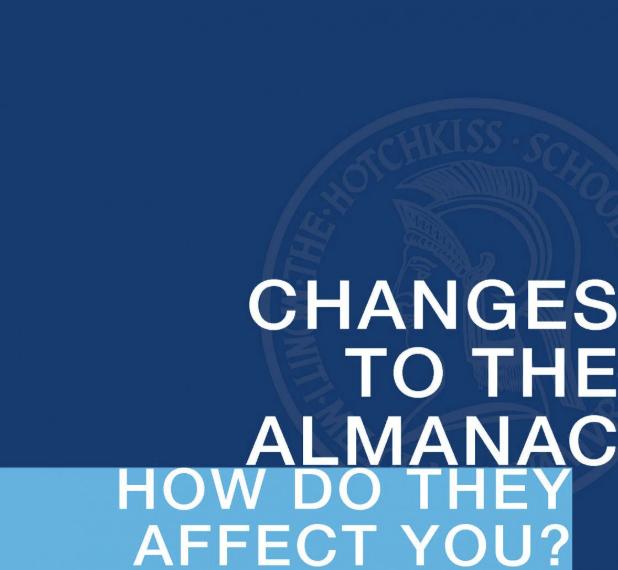On Monday, March 27, Stu-Fac met to discuss potential new policies for cell phone use at school. The discussion focused primarily on reviewing policies that have been implemented at other boarding schools, such as Deerfield Academy and St. Andrew’s School, both of which have recently banned the use of cell phones during school hours.
According to Lars Gertson from St. Andrew’s, the new policy is intended to reduce distractions during classes and all-school meetings and to encourage communication between students. The policy requires all students to leave their phones in their rooms during school hours.
However, according to Gertson, this policy has been largely ineffective. He reports that students have been uncooperative, and as a result, some teachers have ceased to enforce the rule. He said, “If you have your phone out during class, they’ll just tell you to put it away. [The teachers] don’t care if you have it in the hallways.”
Justin Ahn, a Deerfield student, believes that a similar policy has been more successful there. He said that the phone policy is “barely an inconvenience, and it helps to keep us engaged. Overall, the policy seems sensible, and students appreciate not being tied to their phones. It’s just the norm, at this point, nothing to be aggravated or amazed by.”
Three different phone policies were were debated during the Stu-Fac meeting. The first, and, according Dwyer Illick ’26, least popular, was a complete ban on phones during school hours.
Students advocating for this policy argued that it would be most effective, as it would be easiest to implement. Under this regulation, teachers would have the authority to confiscate any phones seen during school hours, and students would only be allowed to use their phones after their last class.
However, some attendees objected, contending that a complete ban would not address the issue of phone addiction, and that students would find secretive ways to use their phones, even if teachers were allowed to confiscate them. In addition, students asserted that the policy posed a specific issue for international students, some of whom can only communicate with their families during school hours.
The second policy suggested banning phones only in certain parts of the Main Building. These would include the Snack Bar, Elfers Hall, the Chapel, and classrooms. IIn all other locations, phones would be permitted. Illick says that “this was the most popular idea, pretty significantly.” However, there remained students who objected, insisting that any form of regulation infringed on students’ freedoms. The final policy suggested banning phones everywhere in the Main Building, with the exception of only a few designated areas, such as the Student Center. This policy was met with criticism by many students who felt that the policy is too restrictive, arguing that it would limit their ability to use their phones for legitimate purposes such as research or communication with family members.
Students in attendance remained split on the issue at the end of the Stu-Fac meeting. However, the faculty present reiterated the value of student input and opinion, and pledged to take it into consideration. More Stu-Fac meetings will take place to discuss the proposal.
Mr. D’Ambrosio, Dean of Community Life, did not respond to repeated requests for comment on the proposal.
A student from the Class of 2024 and Mr. D’Ambrosio have since shared articles with the Hotchkiss student body to advocate for their respective positions on the subject. No final decision has yet been made.

